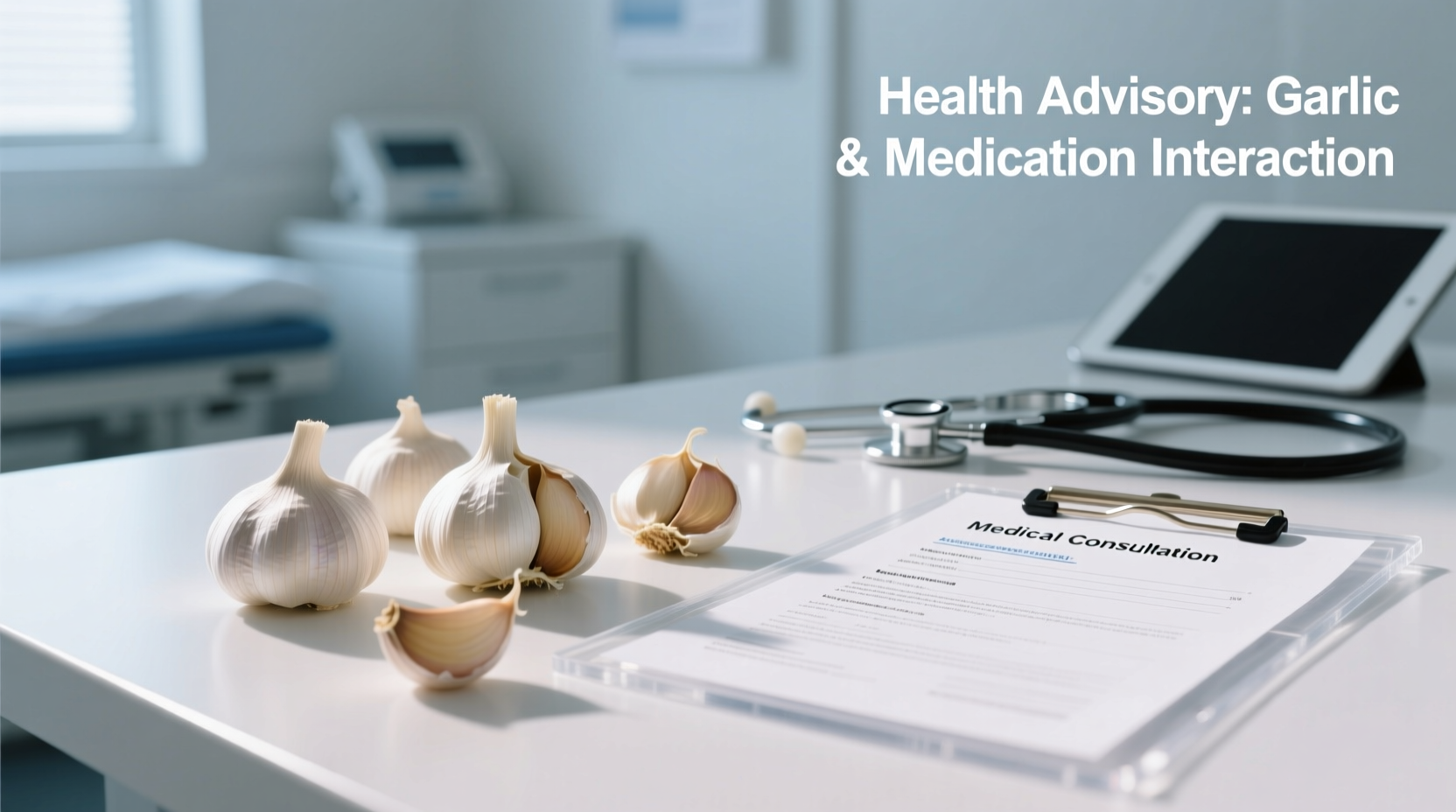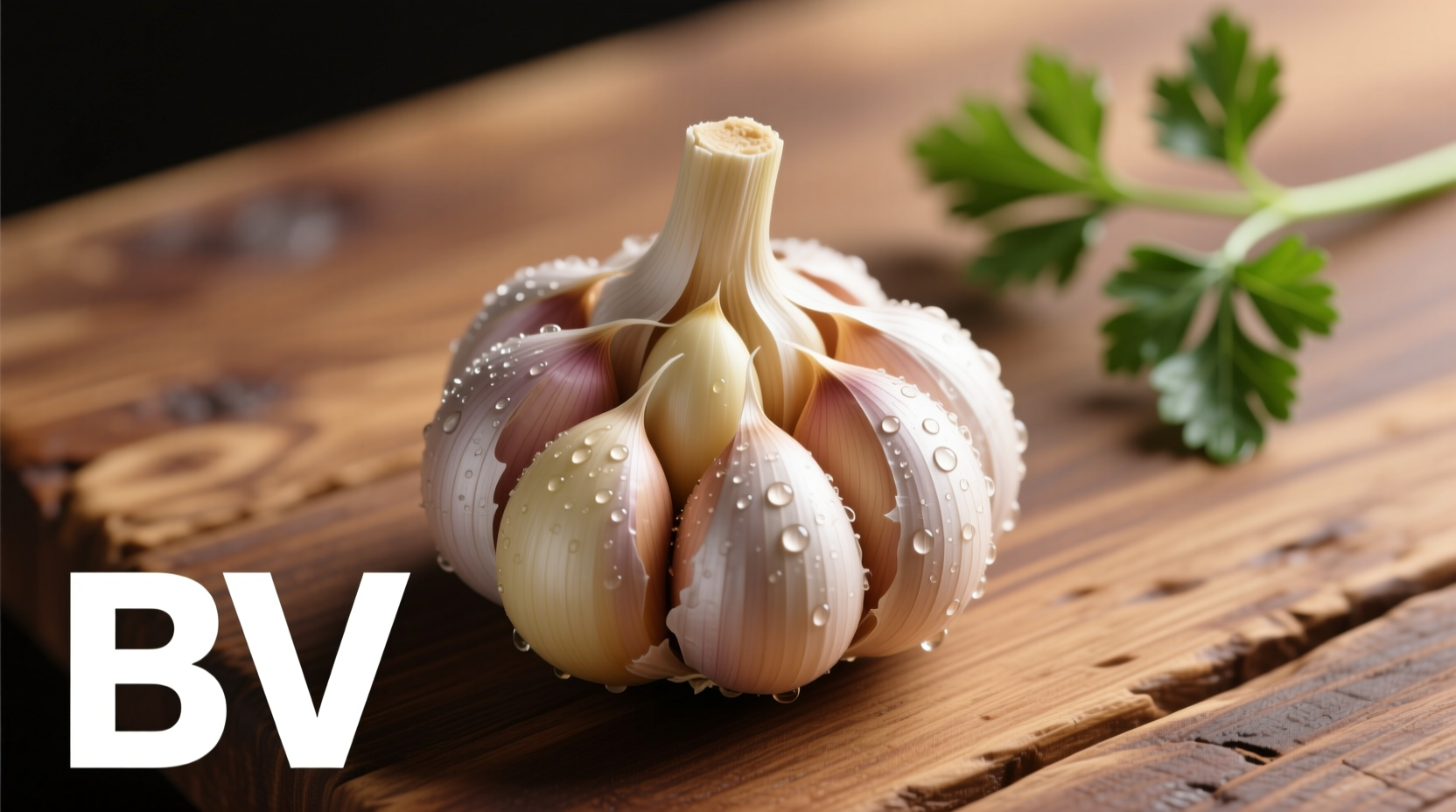Garlic is not a scientifically proven treatment for bacterial vaginosis (BV). While garlic contains allicin with antimicrobial properties, there is no reliable clinical evidence supporting its effectiveness against BV. Inserting garlic vaginally can cause irritation, chemical burns, or worsen symptoms. The CDC recommends prescription antibiotics as the only proven treatment for BV.
Many women search for natural alternatives when dealing with bacterial vaginosis, hoping to avoid prescription medications. If you're researching "garlic for BV," you're likely seeking practical, evidence-based information about whether this common kitchen ingredient can genuinely help with this uncomfortable condition. Let's examine what science actually says about garlic and BV, separating fact from popular myths.
Understanding Bacterial Vaginosis: More Than Just an Infection
Bacterial vaginosis occurs when the natural balance of bacteria in your vagina is disrupted, allowing harmful bacteria to overgrow. Unlike yeast infections, BV involves a shift in your vaginal microbiome rather than a single pathogen. Symptoms often include:
- Thin, grayish-white vaginal discharge
- Fishy odor, especially after intercourse
- Burning during urination
- Vaginal itching (less common)
Left untreated, BV can increase your risk of contracting sexually transmitted infections and, for pregnant women, may lead to preterm delivery. This is why proper treatment matters—not just symptom relief.
Garlic's Antimicrobial Properties: What the Research Actually Shows
Garlic contains allicin, a compound with documented antimicrobial effects against various bacteria, fungi, and viruses in laboratory settings. However, lab results don't always translate to real-world effectiveness, especially for complex conditions like BV.
| Research Context | Findings on Garlic | Relevance to BV |
|---|---|---|
| In vitro (petri dish) studies | Allicin shows activity against some bacteria | Limited relevance—vaginal environment differs significantly from lab conditions |
| Animal studies | Some evidence of antimicrobial effects | Few studies specifically address vaginal microbiome |
| Human clinical trials | No high-quality studies on garlic for BV treatment | No evidence supporting effectiveness for BV |
A comprehensive review published in the Journal of Antimicrobial Chemotherapy examined natural remedies for vaginal infections and concluded: "While garlic demonstrates promising antimicrobial properties in controlled environments, there is insufficient clinical evidence to support its use as a primary treatment for bacterial vaginosis."

Why Garlic Isn't Recommended for BV Treatment
Despite popular online recommendations, healthcare providers don't recommend using garlic for BV for several important reasons:
Safety Concerns with Vaginal Garlic Application
Inserting garlic vaginally poses significant risks:
- Chemical burns: Raw garlic contains compounds that can cause chemical burns to sensitive vaginal tissue
- Worsened symptoms: Many women report increased irritation, burning, and discharge after attempting garlic treatments
- Delayed proper treatment: Relying on unproven remedies can allow BV to persist, increasing complication risks
The American College of Obstetricians and Gynecologists (ACOG) explicitly warns against inserting garlic or other home remedies vaginally, noting that "the vaginal mucosa is highly absorptive and sensitive to irritants, making self-treatment with untested substances potentially dangerous."
Evidence-Based Treatment Options That Actually Work
When you have BV, you deserve solutions that work. The Centers for Disease Control and Prevention (CDC) recommends these proven treatments:
- Metronidazole: Available as oral tablets or vaginal gel (5-day course or single high dose)
- Clindamycin: Vaginal cream applied for 7 days
- Tinidazole: Oral medication alternative to metronidazole
These prescription treatments have demonstrated 85-90% effectiveness rates in clinical trials. While antibiotics may cause temporary side effects, they're significantly safer and more effective than unproven home remedies.
When Natural Approaches Might Complement Medical Treatment
If you're interested in supporting your vaginal health alongside medical treatment, consider these evidence-based approaches:
- Probiotics: Oral probiotics containing Lactobacillus strains may help restore healthy vaginal flora after antibiotic treatment
- Dietary support: Eating garlic as part of a balanced diet provides general immune support without the risks of direct application
- Proper hygiene: Avoid douching, which disrupts natural vaginal pH and increases BV risk
A study in the European Journal of Clinical Investigation found that women who used probiotics alongside standard antibiotic treatment had a 15% lower recurrence rate compared to antibiotics alone. This represents one of the few natural approaches with some scientific backing.
When to See a Healthcare Provider Immediately
Don't attempt home remedies if you experience:
- Fever or chills
- Severe pelvic pain
- Symptoms lasting more than 3 days
- Recurrent BV (more than 4 episodes per year)
Recurrent BV may indicate underlying issues requiring specialized treatment. Your healthcare provider can perform proper testing to confirm BV and rule out other conditions with similar symptoms.
Separating Evidence from Anecdotes: The Reality of Online Health Information
When researching "garlic for BV," you'll encounter many personal success stories online. It's important to understand why these anecdotes don't constitute evidence:
- Placebo effect: Belief in a treatment can temporarily reduce symptom perception
- Spontaneous resolution: BV sometimes clears up on its own, creating false attribution
- Confirmation bias: People share successes but rarely report failures
- No control group: Without comparison to untreated cases, improvement can't be properly assessed
According to a CDC report on BV, approximately 15% of cases resolve without treatment within a few weeks, which explains many "miracle cure" stories.
Making an Informed Decision About Your Vaginal Health
Your vaginal health deserves evidence-based care. While the appeal of natural remedies is understandable, BV requires proper medical treatment to prevent complications. If you're concerned about antibiotic side effects or recurrent BV, discuss these concerns with your healthcare provider—they can offer solutions tailored to your specific situation.
Remember: What works for one person may not work for another, and online anecdotes shouldn't replace professional medical advice. Your health is too important to gamble with unproven treatments.











 浙公网安备
33010002000092号
浙公网安备
33010002000092号 浙B2-20120091-4
浙B2-20120091-4